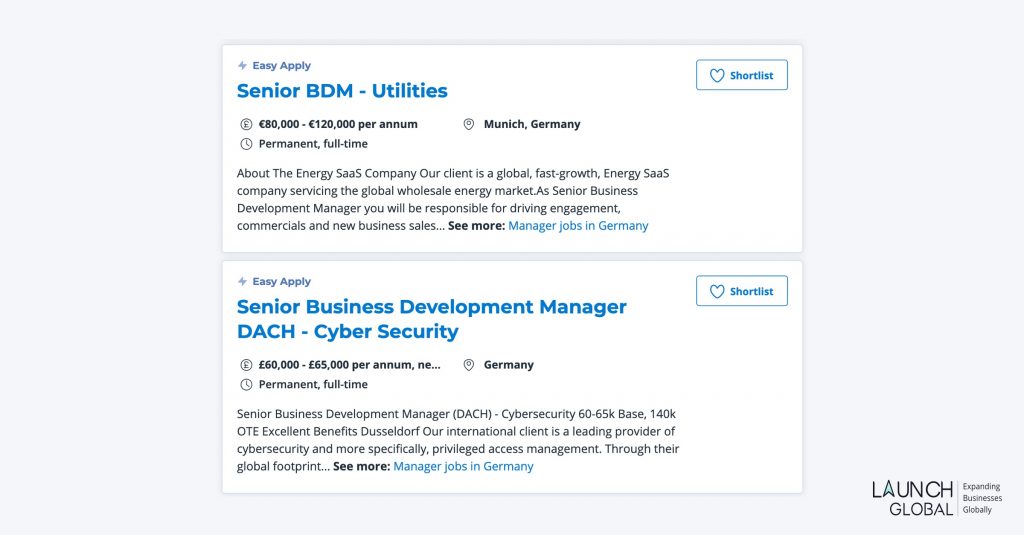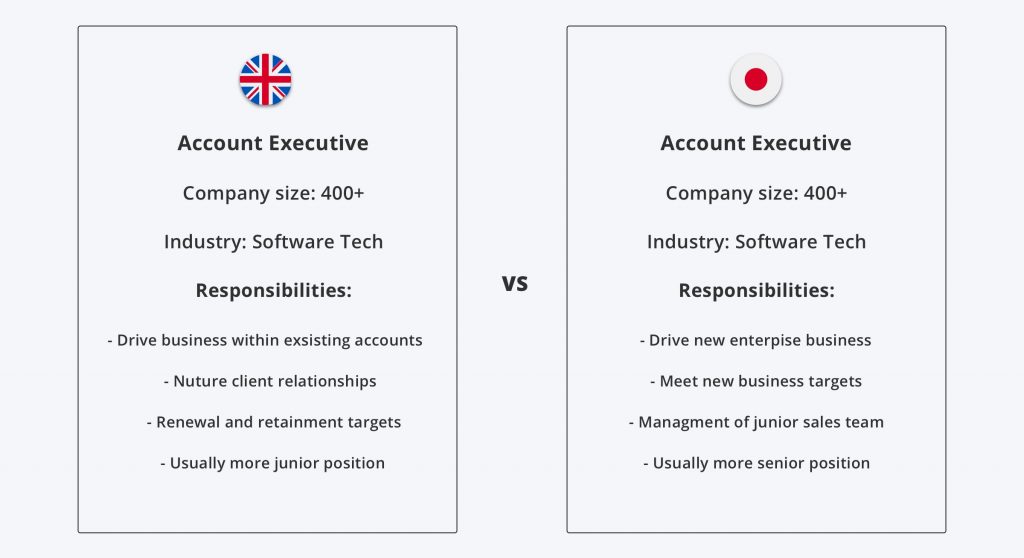
In our previous Salary and Benefits benchmarking article, we discussed the benefits your organisation can gain through efficient and accurate salary and benefits benchmarking. Although benchmarking can provide advantages and aid your business’ growth, there are pitfalls to avoid. The challenges we are going to discuss could cause your benchmarking results to be ineffective and unreliable, and cost your business in the short and long term.
In this article, we are going to highlight some of the pitfalls that businesses make when benchmarking salaries and benefits. As we provide effective benchmarking services, from our experience, companies usually make the following mistakes.
As an aside, we offer a free salary and benefits benchmarking service. Our free service includes a full consultation to understand your specific benchmarking and hiring requirements (be it a new role category or geography). Our team can help to provide effective benchmarking to make your new hire cost-effective and make your business competitive in a market where employers are in constant competition for the highest quality talent.
Salary & Recruitment Data Accuracy
When searching for salaries, some benchmarking services rely on job adverts and recruitment data from the popular job board and posting sites online. This data is unreliable and tends to show what companies are willing to pay for positions rather than the salaries paid to their employees.
As an example, a company may list their new role on job boards with a salary of £50,000. The actual salary that business will offer to the successful candidate may be significantly lower, or higher, depending on the candidate’s experience alongside the employer’s maximum salary restrictions. We have often found that outstanding, top-level candidates can often command a higher wage in negotiations compared to the initial advertised salary. To note, the above is subject to the amount/quality of candidates in the market and the employment budget that the hiring manager has available.
Make sure that if you are using this data as a benchmark, you are comparing this against other data sets in your benchmarking arsenal, not solely relying on this data.

Data set quality varies from country to country
It may seem obvious, but the quality and quantity of data you get from German businesses vs Thailand businesses are vastly different, you need to make sure you have a country-specific plan when benchmarking. The volume, quality and accuracy of data is going to vary from country to country. It’s crucial to have access to accurate, live data to help build your final compensation benchmark in each geography and to enable effective hiring decisions.
You could run an outreach campaign and speak to candidates to understand their salary and benefits packages. Be sure to offer an incentive and be creative in your approaches (personalised video outreach has worked for us).
This avenue is one potential route to live data, but having a well thought out plan for your benchmarking activity and a detailed understanding of the role and your industry before any benchmarking is vital.
Ps. we’ve also used the above campaign to scout for potential candidates!
Benchmarking based on job titles
Salary benchmarking data engines are often based solely on job title and industry. In reality, any successful benchmark needs to be based on a multitude of other factors to gain the highest level of accuracy.
As an example, the seniority of the position you are benchmarking vs the data you are gathering may be vastly different even though the job title, location and industry within the data source may be the same. Companies often have vastly different responsibilities for a given job title vs the role you may be benchmarking and may also result in inaccurate data. Finally, most salary benchmarking data engines update their data periodically so data can also be out of date.
Based on our experience, gathering an in-depth role brief is key to understanding the role and responsibilities at a deeper level. The briefing stage will allow you to benchmark against similar jobs from a responsibility standpoint, not just based on job titles.

The above image is a generic example of job title differences based on geography. The variation of any job title and its responsibilities is too vast to rely on job title, and industry to benchmark. If you also check job descriptions for Account Executive across the UK, you will see the vast difference in job roles.
Employee benefits data is overlooked when reviewing employee compensation
Accurate employee benefits data is often hard to come by and often overlooked as a vital component of the overall compensation data. In some countries, benefits can vary wildly from company to company, so it is in your business’ best interest to consider these data points as it will drastically increase the cost and attractiveness of a package.
Benefits items can range from you typical pension and health insurance which you find across the majority of western countries to nuanced benefits such as Monkhood leave and Marriage contributions you often discover when hiring in Thailand. Understanding your costs is important but also your positioning on the market and showing your understanding of culture is vital when expanding into a new geography and trying to attract the highest quality local talent.
Please read our advantages of salary and benefits benchmarking to learn more.
Get your free salary and benefits benchmarking consultation and report
Salary and benefits benchmarking are crucial to gain a deep understanding of your financial position when entering new geography. Benchmarking, when done correctly, can also offer insight into cultural, local nuances that would usually be overlooked when hiring in new territories as discussed.
Contact the team to get your first salary benchmark report for free.
